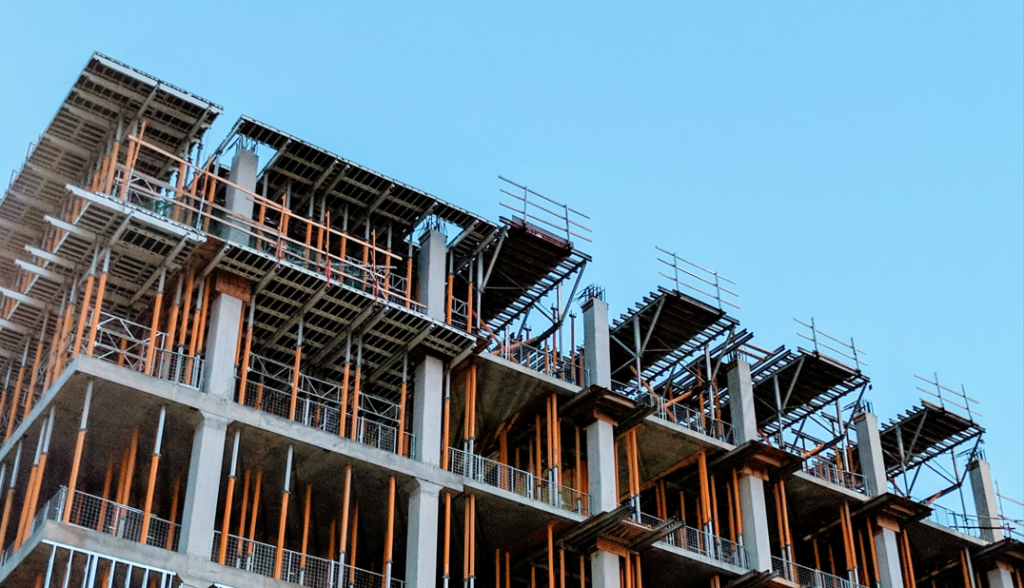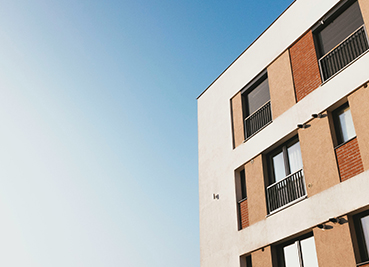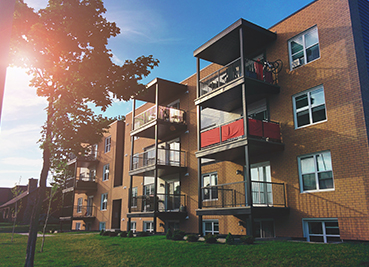
As seen on Denverite
In metro Denver, 10,570 new apartment units will be built by the end of the year.
That’s according to a national study of apartment construction released earlier this month by the online rental listing service RentCafe.
Apartment construction is booming across the United States, with at least 420,000 new units being built by the end of the year — making this year and last the two hottest building booms since 1972, RentCafe reports.
If all goes as planned, metro Denver will see the 12th largest number of new builds in the country, topping cities like San Francisco and Chicago.
New York City will see the largest number of new apartments, at 28,153, followed by Dallas at 23,571 and Miami at 19,125.
But metro Denver is not seeing a record high in new developments, according to RentCafe. In 2018, there were 13,414 new rental units built. Construction has been declining since.
Most of the new metro Denver apartments are going up in the City of Denver, with 3,304 projected to be built by the end of the year. That increase may not last.
“In 2020, we saw a pause in major construction projects, like new apartment buildings, and these projects began to resume in 2021,” explained Denver Community Planning and Development spokesperson Laura Swartz. “Overall, our permit volumes today are higher than they were pre-pandemic.”
But developers have put the brakes on multifamily housing projects since the city passed the Expanding Housing Affordability Ordinance in June, said Drew Hamrick, the senior vice president for governmental affairs for the Colorado Apartment Association, a group that advocates for people who work in the multifamily home industry. The ordinance pushes developers to create more income-restricted housing.
“Denver rental housing development will stay stopped until the housing shortage becomes so acute that market rate rent prices increase (by 4% downtown and 3.2% everywhere else) over and above the rapidly increasing cost of construction materials and labor to offset this new development barrier,” Hamrick said.
He expects some people to move to nearby cities like Aurora but he’s unsure how many.
“It remains to be seen how much of the slack will be picked up by the surrounding localities and how long it will take rent prices to rise to restart development in Denver,” he added. “But for now, new rental housing development in Denver has ended.”
If new development does slow, there’s a good chance Denver rents will continue to rise year-over-year.
According to a new report from Apartment List, “Denver rents have remained flat over the past month, however, they are up sharply by 6.2% year-over-year. Currently, median rents in Denver stand at $1,445 for a one-bedroom apartment and $1,787 for a two-bedroom. Denver’s year-over-year rent growth lags the state average of 7.3%, as well as the national average of 10.0%.”
Aurora, where median one-bedroom rent is $1,390 and two-bedroom rent is $1,700, has seen the largest hike in rent at 9.3%, according to the report.
Denver’s not alone in experiencing rising rents — they’re shooting up faster elsewhere. Over the past year, Charlotte’s rent went up 14.5%, San Diego’s 14.2%, and Austin’s 10.8%.




